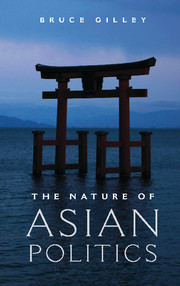2 - State and Society
Published online by Cambridge University Press: 05 September 2014
Summary
The State of Pardons
While traveling through the Far East in 1892, the British adventurer Henry Norman happened upon a dusty square in the Chinese city of Canton (today Guangzhou), where he witnessed the public execution of fifteen men. As the condemned were led into position, Qing dynasty magistrates carefully removed from each of their pigtails a long piece of paper that had been held in place by a stick of bamboo on which their crimes and death warrants were written. Then, without ceremony, the executioner’s sword was raised. “Chop, chop, chop – the heads roll off one after another in as many seconds,” Norman wrote. After each stroke, the crowd roared its approval with a hearty “Hao!” (roughly “Great!”). “The place is ankle deep in blood, the spectators are yelling with delight and frenzy, the heads are like bowls on a green, the horrible headless bodies are lying about in ghastly grotesque attitudes, the executioner is scarlet to the knees and his hands are dripping.” Although reeling from the spectacle, Norman could not resist thrusting several banknotes into the executioner’s hands in return for his drenched sword: “It hangs on my wall today,” he wrote, “a valuable antidote to much that I read about the advancing civilization of China.”
Today, in the early twenty-first century, the death penalty continues to be legal and practiced not only in China but in a large number of Asian states. Only Cambodia and the Philippines have officially abolished it (although the latter wavers constantly), while Laos, South Korea, and Myanmar have not committed executions since the 1980s. As for the other nine states, the death penalty continues to be both legal and practiced to varying degrees, representing a quarter of the countries in the world where this is the case. In the 2000s, China executed more people than any other country in the world, while Singapore executed more people per capita than any other country in the world.
- Type
- Chapter
- Information
- The Nature of Asian Politics , pp. 21 - 52Publisher: Cambridge University PressPrint publication year: 2014



